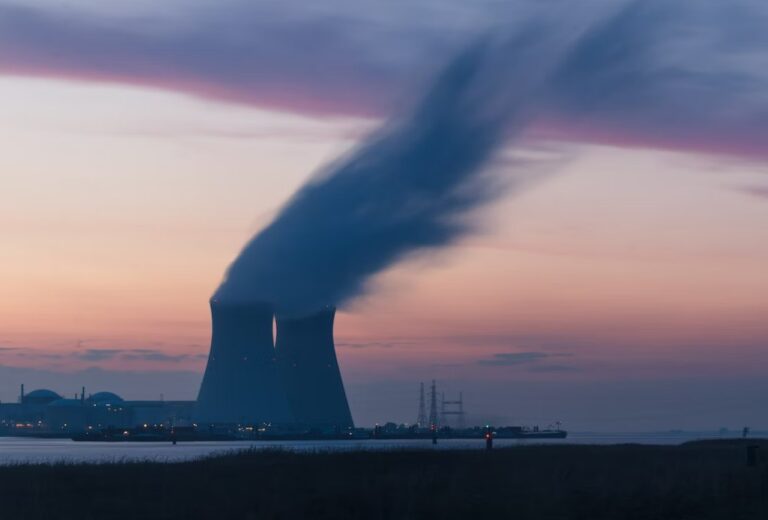As the world strives towards a more sustainable energy transition, more and more countries are rediscovering nuclear power as a key solution to meet CO2 emission reduction targets and to ensure a stable energy supply. Governments around the world are implementing pro-nuclear policies and plans to build new power plants.
From Asia to Europe, we see a wide range of nations returning to invest in nuclear power, with ambitious plans and long-term visions.
Table of Contents
Among the largest countries investing in nuclear power are the United Arab Emirates
The United Arab Emirates has adopted a nuclear power programme in cooperation with the International Atomic Energy Agency and extensive public support.
With a USD 20 billion investment by a South Korean consortium, the country has started construction of four commercial nuclear reactors.
Some of these units are already connected to the grid, representing an important step towards CO2 reduction and energy independence.
Saudi Arabia
Recently, Saudi Arabia announced its intention to develop a significant nuclear infrastructure, following the discovery of uranium reserves in the country.
This represents a historic step for a nation historically dependent on oil. Riyadh is seeking to collaborate with the US to accelerate the development of nuclear energy, aiming to follow a similar model to that followed with the Saudi oil company, Saudi Aramco.
Read also: How is Saudi Arabia moving to become a global mining power
China
China is one of the leading nations in nuclear energy, driven mainly by the need to reduce air pollution caused by coal-fired power plants.
The country has developed considerable in-house capacity in reactor design and construction, as well as seeking collaboration with other nations to improve nuclear technology.
The country is also targeting the export of nuclear technology, demonstrating its ambition to become a global player in the sector.
Bangladesh
In response to the growing demand for electricity and to reduce dependence on natural gas, Bangladesh started construction of its first nuclear reactor in 2017.
The Rooppur 1 project is nearing completion, and the unit is expected to be commissioned in 2024. This represents an important step towards ensuring a stable and environmentally sustainable source of energy in the country.
Turkey
Among our closest neighbours, Turkey has been planning the use of nuclear energy since the 1970s. But it has only recently gained momentum with the involvement of Russia, the US and China. The country is building its first nuclear reactor at Akkuyu with the support of Russia’s Rosatom.
Other projects are underway with other nations, demonstrating Turkey’s commitment to moving away from dependence on oil and natural gas.
Egypt
Egypt is working on the construction of a nuclear power plant consisting of four large Russian reactors. Thus aiming to diversify its energy source and improve desalination capacity.
This project will provide the country with greater energy independence and resilience against commodity price fluctuations.
India
India is pursuing an ambitious infrastructure development programme, including a growing nuclear capacity. Not being a party to the Nuclear Non-Proliferation Treaty, India has in the past been excluded from international trade in nuclear technology.
However, in recent years, the country has gained greater access to the international market. Thus allowing it to expand its civil nuclear capacity.
Poland
As far as Europe is concerned, Poland is embarking on a new energy direction to reduce its dependence on coal. With the aim of diversifying the energy mix and reducing CO2 emissions, the country has planned to introduce nuclear energy from 2033.
This initiative aims to ensure a stable and sustainable energy supply. But it will require overcoming technical challenges and addressing public concerns about nuclear safety. Nevertheless, the move towards nuclear energy represents an important turning point for the country’s energy future.
In conclusion, nuclear energy is experiencing a worldwide renaissance, with many countries returning to invest in this energy source to achieve environmental goals and ensure a stable energy supply.
This new wave of nuclear interest could play a crucial role in shaping the global energy future towards greater sustainability and reduced greenhouse gas emissions.












